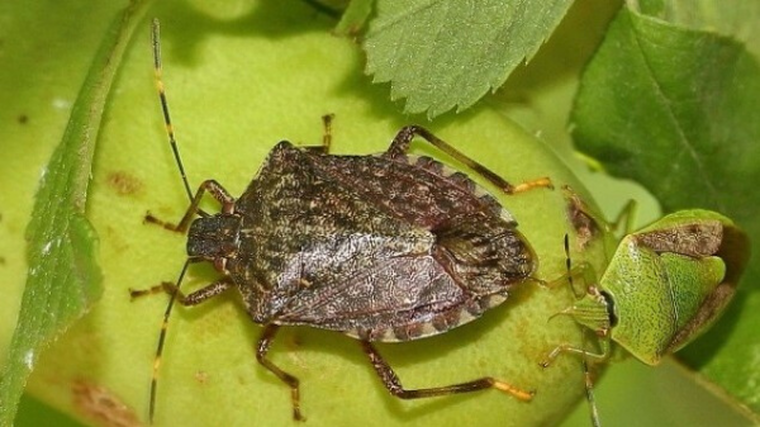Stink bugs delay Aussie car deliveries

More than 10,000 cars destined for Australia have been delayed after one cargo ship was turned away and another three quarantined following the discovery of brown marmorated stink bugs.
The car carrier Orca Ace, which was carrying more than 3,500 cars and heavy machinery, was refused entry into Australia because of the potential biosecurity risk.
It is believed the vessel was “ordered to leave Australian territorial waters for treatment to another country [Singapore or Bintan Island]”, with the cars unlikely to return to Australia until “the middle of January 2020”.
Three other ships – the Dugong Ace, the Tranquil Ace and the Glovis Chorus – are being treated and held in quarantine as a precautionary measure, the Car Advice website reports.
About 4,000 Hyundai cars and 6,000 Kia vehicles have been caught up in the outbreak, with other marques on the same ships also likely to be affected.
“Biosecurity is important for Australian primary industry and we are co-operating fully with the requirements set by the Department of Agriculture,” says a notice issued by Kia to dealers. “The delays are not specific to Kia and have affected other automotive brands.”
Australia’s Minister for Agriculture, Bridget McKenzie, says if stink bugs establish themselves in the country it could have a terrible impact on agricultural crops and horticulture.
“In the worst affected regions farmers have lost more than 90 per cent of their crop,” she adds.
“Just as concerning is the impact these bugs can have on all of us. They are a real headache for residents creeping into homes when the weather gets cooler, letting off an unpleasant smell, and they’re hard to kill.”
Australia made 312 brown marmorated stink bug detections on vessels and goods arriving in the country last year, and this year 54 detections have been made so far.





